For Chinese people, drinking tea for health preservation is a tradition that has been passed down for thousands of years. In recent years, research on the health benefits of tea leaves has become increasingly extensive: cancer prevention, cardiovascular protection, radiation resistance... It seems that all health concerns in people's lives can be resolved with a cup of tea.
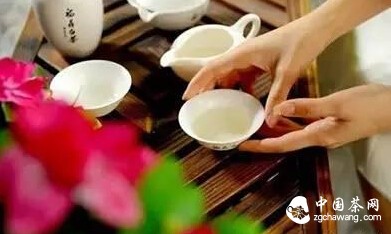
So, what are the nutritional components in tea? Can it truly have a health-preserving effect? How should it be drunk to maximize its health benefits?
Experts point out that the more confirmed health benefits of tea include preventing cancers (including lung cancer, esophageal cancer, liver cancer, colon cancer, etc.), regulating blood lipids, lowering blood sugar, enhancing immune function, and preventing damage from smoking. Drinking tea can repair DNA damage caused by smoking, and the effect is very good. This is a conclusion we reached through human experiments, and it is considered a relatively leading conclusion worldwide.
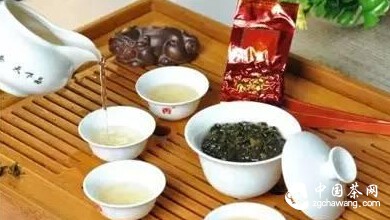
The effective nutritional components in tea are diverse, such as the well-known tea polyphenols, as well as theanine, vitamins, caffeine, and more. Based on production principles, Chinese tea is divided into six major categories: Green Tea, Black Tea, Yellow Tea, White Tea, Oolong Tea, and Dark Tea.
Later, some reprocessed teas, such as scented teas, were developed based on these six categories. The effective components vary in different types of tea, and so do their effects. Green tea protects cardiovascular health. Green tea is non-fermented tea, represented by West Lake Longjing, Dongting Biluochun, and Huangshan Maofeng. Its main benefits are preventing cancer and cardiovascular diseases, as well as anti-oxidation, improving immunity, inhibiting and killing bacteria, etc.
White tea alleviates anxiety.
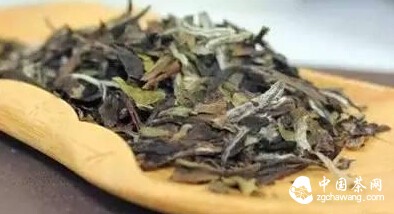
Depending on the classification method, white tea includes two types. One is the familiar Anji white tea, which is actually a type of green tea. It has become increasingly popular in recent years due to its mellower flavor compared to regular green tea.
The main effects of white tea include protecting brain nerves, enhancing memory, and reducing anxiety. Additionally, the theanine in white tea can neutralize some of the effects of caffeine, so people who are concerned about tea affecting their sleep can try drinking white tea.
Another type is white tea produced in areas like Fuding, Fujian. This tea has a relatively low yield and a stronger flavor than typical green tea. Based on current research, this tea has good effects on regulating immunity and lowering blood sugar.
Oolong tea and black tea lower cholesterol.
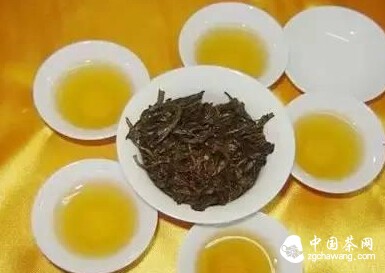
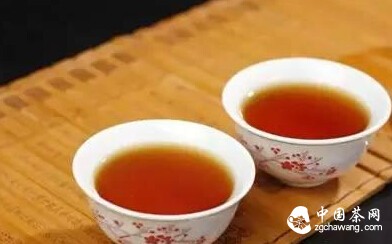
Oolong tea is semi-fermented tea, represented by varieties such as Wuyi Rock Tea (Da Hong Pao), Tieguanyin, Dong Ding Oolong Tea, and Phoenix Single Bush. Black tea is fully fermented tea, represented by varieties such as Qimen Black Tea from Anhui and Dianhong from Yunnan. Black teas from India and Sri Lanka are also world-renowned famous products. Because black tea is fermented, it is less stimulating than green tea, and its effects also differ. It can promote blood circulation and lower cholesterol, among other benefits.
Dark tea reduces fat and aids weight loss.
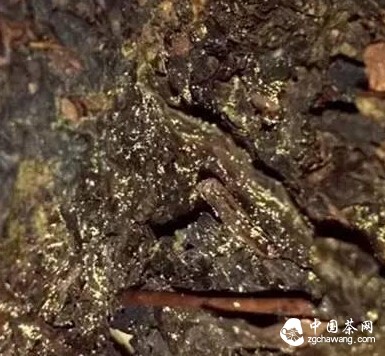
Dark tea is post-fermented tea, and the most familiar one is Pu-erh tea. It contains a high total amount of tea polyphenols, which have excellent effects on lowering lipids and aiding weight loss. It is reported that Professor Bernard Jacotot of the Hôpital Henri Mondor in Paris gave 20 patients with excessive blood lipids three bowls of Yunnan Pu-erh tea to drink per day. After one month, he found that the patients' blood fat had reduced by almost a quarter.
Pu-erh tea can inhibit weight gain and reduce cholesterol and triglycerides in the blood. Some famous varieties of tea, such as Mingqian tea (pre-Qingming tea) among Longjing teas, contain the same types of effective components as ordinary tea, though the content may differ. Because Mingqian tea is picked early, it has higher levels of theanine and vitamin C, and lower levels of tea polyphenols. For health preservation purposes, there is no need to buy particularly expensive tea.